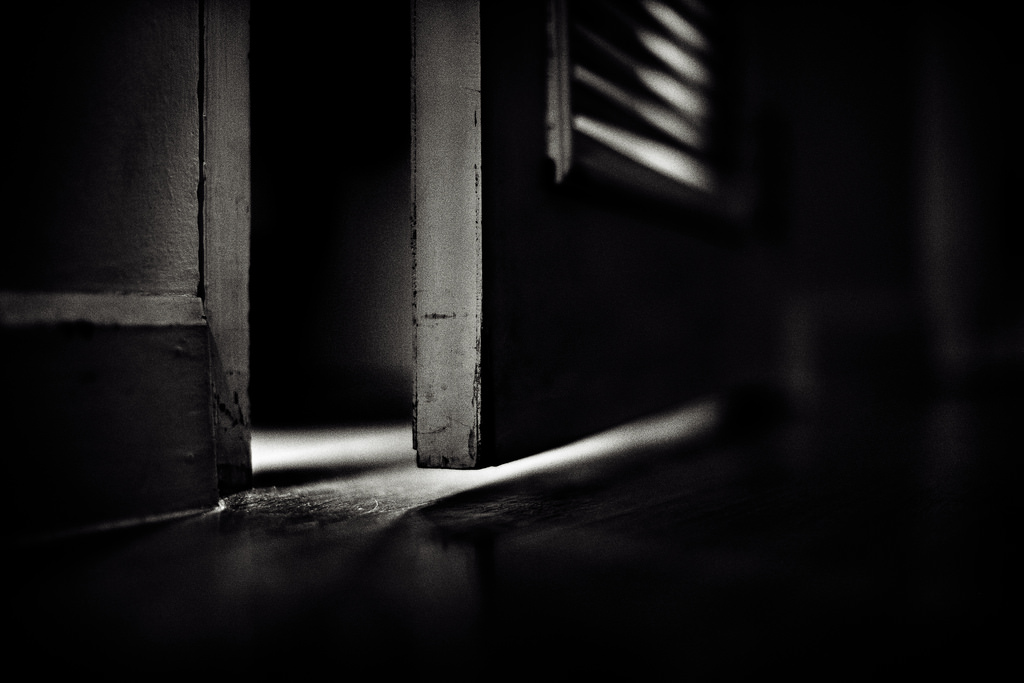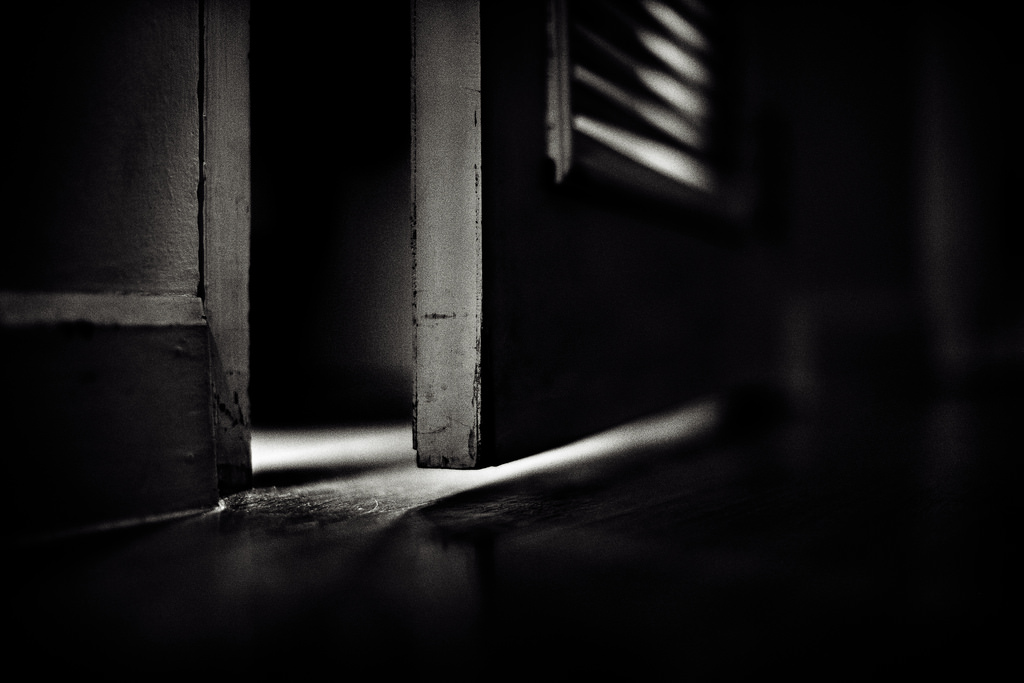Mental health review stirs hope for change


Door opening, light shines through
Prime Minister Jacinda Ardern campaigned on addressing this country’s poor state of mental health services, calling our suicide rate “shameful”.
Now that the first 100 days are drawing to a close, many in the sector are cautiously hoping the newly-launched Mental Health and Addiction Inquiry will address some of the problems contributing to those numbers.
Following the announcement that addiction services were to be part of the review, the Government has appointed a six-person committee with broad terms of reference, a $6 million budget, and 16 full-time employees to assist the inquiry. It will also have subpoena powers, which Health Minister David Clark said could provide protection for people, like mental health workers, who may be afraid to speak out.
Acknowledging the previous National Government’s extra $224 million over four years, Dr Clark said a whole lot more funding may be needed, as well as better allocation and use of resources.
The inquiry must report back to the Government by the end of October, so its findings can be included in the Budget process for 2019.
While the sector has cautiously welcomed the move, many have been quick to express concern about the challenges ahead. Matua Raki Executive Director Vanessa Caldwell has called for a thorough investigation into how current laws have impacted access to treatment. She says separate funding and treatment regulations have made it difficult to manage substance abuse as a genuine health condition.
She hopes the inquiry will help change perceptions to addiction, while treating it as a mental illness instead of criminal choice. “There is a sense that addiction is self-inflicted because people chose to use drugs and they chose to engage in a behaviour which was criminal," she said.
The inquiry will be chaired by former Health and Disability Commissioner Ron Paterson, and will include former Mental Health Foundation director Dr Barbara Disley, Māori health expert Sir Mason Durie, Māori consumer advocate Dean Rangihuna, Pasifika mental health expert Dr Jemaima Tiatia-Seath, and youth development expert Josiah Tualamali’i.
Recent news

Reflections from the 2024 UN Commission on Narcotic Drugs
Executive Director Sarah Helm reflects on this year's global drug conference
What can we learn from Australia’s free naloxone scheme?
As harm reduction advocates in Aotearoa push for better naloxone access, we look for lessons across the ditch.

A new approach to reporting on drug data
We've launched a new tool to help you find the latest drug data and changed how we report throughout the year.

